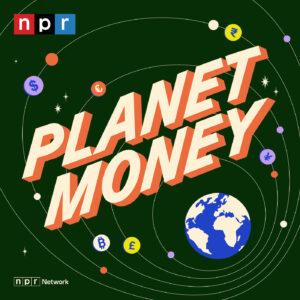
In this episode of Ted Talks Daily, Jim Whitaker and Jessica Whitaker Allen discuss the importance of sustainable agriculture and how farmers can contribute to a cleaner world. They share their experiences as a farming family in Southeast Arkansas and highlight the need for environmental and economic sustainability in the industry.
Jim Whitaker and Jessica Whitaker Allen emphasize the need for farmers to invest in sustainable agriculture. Drawing from their family’s 130 years of farming experience in Southeast Arkansas, they highlight the significance of environmental and economic sustainability in the industry. By implementing practices like the zero-grade rice field technique, which captures rainfall and reduces water usage, farmers can contribute to a cleaner world.
The Whitaker family’s experience reveals that farming is a generational business that can be resistant to change. However, they believe that farmers are more likely to adopt new practices if they can see the financial benefits. To this end, the family sold agriculture carbon credits in 2016, encouraging other farmers to do the same. They also developed the “smart rice protocol” to quantify and sell data on sustainable rice farming practices, with Jessica’s business and sustainability background playing a crucial role in its implementation.
The family received a grant from the USDA to educate other farmers in Southeast Arkansas about sustainable rice farming practices. They aim to work with veterans, immigrants, limited resource, and socially disadvantaged farmers, ensuring that sustainable agriculture is accessible to all. By documenting greenhouse gas benefits and marketing sustainable rice for economic advantage, the family helps farmers embrace environmentally friendly practices while also benefiting financially.
Sustainable rice farming offers significant environmental benefits, including a 50% reduction in greenhouse gas emissions and water usage. By adopting these practices, farmers can contribute to global efforts to combat climate change while increasing yields to feed the world. The speakers stress that taking care of the planet is crucial for both farmers and consumers, highlighting the interconnectedness of environmental sustainability and food production.
Jim Whitaker and Jessica Whitaker Allen’s discussion sheds light on the importance of sustainable agriculture and the role farmers can play in creating a cleaner world. By investing in sustainable practices, quantifying and selling data on sustainable farming, and collaborating with other farmers through educational outreach programs, the Whitaker family demonstrates the potential for positive change in the industry. Their experiences and insights serve as an inspiration for farmers and consumers alike to prioritize environmental sustainability in food production.